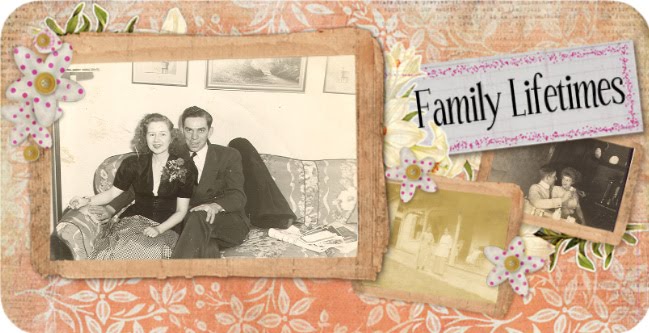Now, I don't know exactly how many people are out there reading this blog, but I am happy to say that one reader is a fellow Ripley enthusiast and author of two books about the Rankin family. Stephanie Reed contacted me after reading some of this blog to share her love of Ripley history. When she was a young girl, her family traveled through Ripley on their way to visit her Kentucky grandparents. Her curiosity of and fascination with the information on the Rankin House historical marker stayed with her as an adult and prompted her to write her stories of Lowry and Johnny Rankin. Being one who can never pass up a good book, especially one so close to my family history, I immediately ordered her two books, Across the Wide River and The Light Across the River.
I am now in the middle of her first one, Across the Wide River and find it a fascinating look at the history of Ripley and the Rankin family. Her descriptions of early Ripley with the hogs running in the streets, the steamboats on the river, and the town's layout have given me a glance into the early 1800's when my Gates and Guy families lived in the area. Stephanie's ability to capture the feelings and attitudes of pre-Civil War Ripley through her characters, most of whom are factual, paint a picture of what it must have been to experience that place during that time. While the book is labeled as teen fiction, I would recommend it to anyone wanting to learn of Ripley and the Rankin family's part in the history of the Underground Railroad. I can't wait to read the second book which tells the story of Johnny Rankin and the escaping slave, Eliza, upon whose story Harriet Beecher Stowe based her book, Uncle Tom's Cabin.
Those of you who know me, know that up until this year, I was the teacher of third graders. While South Carolina third graders learn the state's history, I believe that children must also understand that the history of one state is influenced by the history of the country as a whole. Therefore, each spring, when we studied the antebellum period in South Carolina, I would read Doreen Rappaport's children's book, Freedom River. Freedom River tells a story of John Parker, another of Ripley's abolitionists. Parker, a freed slave, owned an iron foundry in town and worked with the Reverend Rankin, Thomas McCague, and others as they hid and helped slaves on their journey to freedom.
Rappaport's story is exciting and, after hearing it, I would often see my third graders playing the parts of John Parker and Master Shrofe at recess as they re-enacted the story of the daring rescue of the slave family and their baby. It was through that story that quite a few South Carolina children came to know the story of an ex-slave who rescued other slaves in a little town that they would have probably never even heard of if I hadn't been their teacher. It's a great book for children and, especially if you have ties to Ohio or Kentucky, the children in your life deserve to hear the story of John Parker.
There are, of course, other great books that deal with the subject of Ripley, her anti-slavery citizens, and the Underground Railroad. I will share some of those at a later date. Until then, I hope you take the time to find Stephanie Reed's and Doreen Rappaport's books. They will be well worth your time to read!
